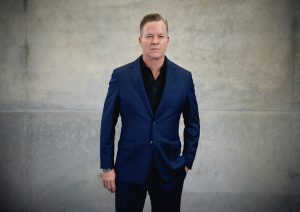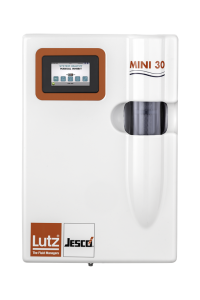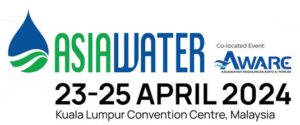Pentair and Water Sector Groups Collaborate to Advance Sustainable Water Reuse in Agriculture
The WateReuse Association, Water Environment & Reuse Foundation, and Pentair have come together to help advance the development of sustainable agricultural practices by highlighting innovative farming approaches using water reuse technologies in a new video released today in conjunction with the 20th Annual WateReuse Research Conference in Denver, Colo.
"Seventy percent of the world s water is used for agriculture. As the world s population continues to grow, the increased demand for food will put tremendous stress on the world s supply of water for agriculture, " said Dr. Phil Rolchigo, Vice President of Technology at Pentair. "Water reuse technologies can help accelerate Mother Nature s process-rather than disposing wastewater back to the environment, we can safely capture and purify it so that it can be used over and over again in agriculture, as well as other industries."
The video profiles two very different examples in which water reuse technologies are used to dramatically reduce the farms water footprint, thereby helping to increase the efficiency and sustainability of the operations.
In St. Paul, Minn., fish and plants are grown together using aquaponics to develop a sustainable food system and help build the economy in a part of the city that had previously been considered a food desert. Urban Organics and Pentair have collaborated to develop this state-of-the-art aquaponics facility, and the produce and herbs are 100 percent organically certified by the USDA National Organic Program.
The aquaponics farm is housed inside a former brewery and uses a closed-loop, recirculating aquaculture system. In this symbiotic relationship, the fish provide the nutrients for the plants, and the plants help to clean the water for the fish. The waste-filled water from the fish tanks is released through gravity and seeps into a filtration system designed by Pentair. The system removes sludge and leaves the water clean and filled with nitrates. The water is then pumped into rows of vegetables growing hydroponically, which removes the organic buildup and metabolic byproducts in the water. The water is then returned to the fish tanks and reused. This controlled environment uses less than 2 percent of the water conventional farming uses, and the produce grows year around and nearly twice as fast as it does in the field.
The second application featured in the video takes place in Monterey, Calif. The project started as a salt water intrusion barrier and has evolved into the largest agricultural reuse irrigation project in the United States. Artichokes, lettuce and strawberries are among the edible crops that are safely and efficiently produced in this region. The Monterey Regional Water Pollution Control Agency (MRWPCA) works in partnership with local farmers to make the program a success.
Since the 1940s, heavy agriculture and municipal groundwater demands in Monterey s Salinas Valley have led to the development of severe groundwater over-pumping, resulting in saltwater intrusion. By using recycled water, growers no longer have to pump groundwater from their wells for irrigation purposes. Recycled water is distributed to 12,000 acres of farmland in Northern Monterey County with an average of 60 percent of MRWPCA s water recycled each year.
"All water is reused-either through the natural water cycle or through technology," said WateReuse Executive Director Melissa L. Meeker. "These two examples of sustainable agriculture demonstrate how climate-independent water reuse technology can make a significant impact on protecting our precious water resources and securing our food supply."
Source: Pentair plc.






